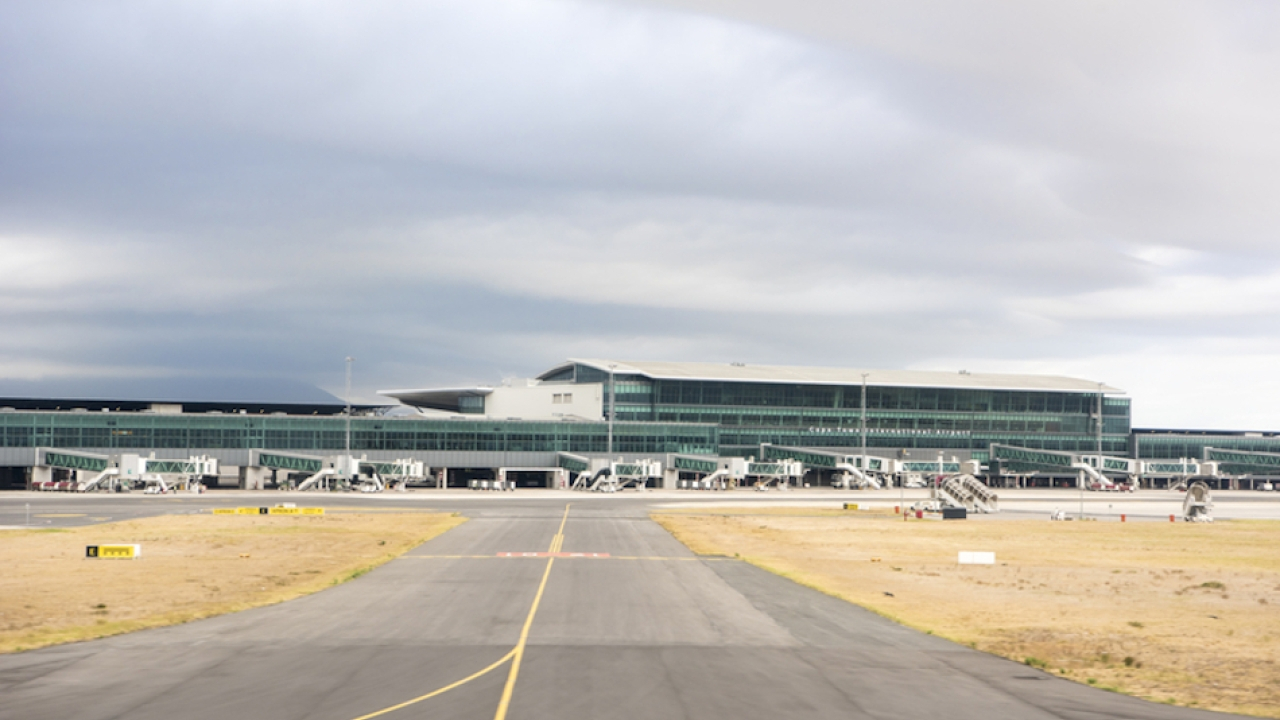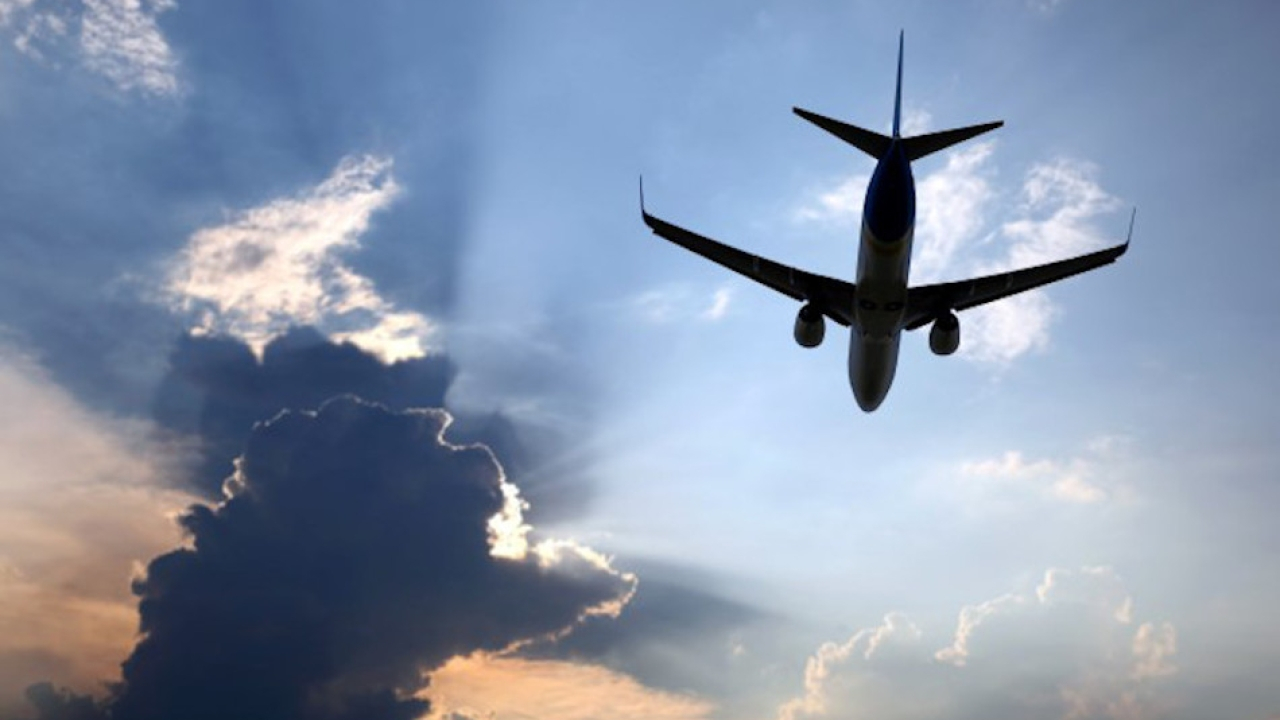AFRAA: Africa's aviation industry remains resilient
A report by AFRAA has revealed Africa's aviation industry remains resilient, with sustained growth in passenger traffic and enhanced operational efficiency.

Seat capacity for June 2025 at Cape Town International Airport was up 7.0%. Image: Cape Town International Airport
Key drivers include expanded routes, better connectivity, and rising domestic and international travel demand.
In June 2025, seat capacity across Africa decreased by 3% compared to June 2024. However, intra-African routes recorded a slight increase of 0.1% in seat capacity, owing to new route introductions, network expansion, and aircraft upsizing initiatives.
The top ten African airports by seat capacity for June 2025 were as follows:
1. Cairo International Airport:22.6%
2. Johannesburg O.R. Tambo International: 14.8%
3. Addis Ababa Bole International Airport: 14.7%
4. Mohammed V International Airport: 8.9%
5. Houari Boumediene Airport, Algiers: 7.4%
6. Cape Town International Airport: 7.0%
7. Jomo Kenyatta International Airport, Nairobi : 6.7%
8. Marrakesh Menara Airport: 6.6%
9. Tunis–Carthage International Airport: 5.8%
10. Hurghada International Airport: 5.3%
Regional seat capacity distribution was led by:
• North Africa: 40.7%
• Eastern Africa: 23.0%
• Southern Africa: 18.9%
• Central and Western Africa: 17.4%
As of April 2025, African airlines accounted for 52.4% of international capacity (including both regional and intercontinental operations), while non-African carriers represented 47.6%. For intercontinental services, African carriers held a 36.3% capacity share, with non-African operators commanding 63.7%.
African carriers represented 49.0% of total international traffic (regional and intercontinental) in April 2025, while non-African carriers accounted for 51.0%. In terms of intercontinental traffic specifically, African carriers held a 35.3% traffic share, compared to 64.7% for non-African airlines.
AFRAA projects passenger traffic for African airlines to grow to 113 million in 2025, up from 98 million in 2024, representing a 15.3% increase. This increase underscores the industry’s resilience and positive trajectory.
A year-on-year comparison of Available Seat Kilometers (ASKs) indicates a 2% increase in May 2025 compared to May 2024. Similarly, Revenue Passenger Kilometers (RPKs) rose by an estimated 6% during the same period.
Connectivity
As of June 2025, intra-African connectivity based on capacity saw the 3rd and 4th Freedom traffic rights each representing 39% of total capacity, while 5th Freedom operations represented 22%.
An analysis of cargo traffic by sub-region as of May 2025 revealed that African exports continued to outpace imports in most regions However, Southern, Western, and Central Africa recorded higher import volumes than exports. The market share of African airlines in cargo transport also remains an important area of strategic focus. Eastern Africa accounted for 30% of Africa's total cargo market share.
Passenger revenues for African carriers also demonstrated strong growth, with April 2025 recording a 19% increase compared to April 2024.
Jet Fuel Prices: As of the week ending 20 June 2025, the global average jet fuel price stood at USD 96.97 per barrel, reflecting a 12.9% increase compared to USD 82.30 per barrel recorded in the same week of the previous month.
Regulatory/Industry Affairs
African airlines are urged to remain attentive to ongoing developments and to take appropriate action as necessary. AFRAA further welcomes updates from African airlines on any relevant developments in the following highlighted regulatory areas:
US Travel Restrictions
On 4 June 2025, President Trump issued a proclamation entitled “Restricting the Entry of Foreign Nationals to Protect the United States from Foreign Terrorists and Other National Security and Public Safety Threats.”
The proclamation which took effect on 9 June 2025, suspended the entry of nationals from 12 countries (7 African) into the United States. The countries are: Afghanistan, Burma, Chad, the Republic of the Congo, Equatorial Guinea, Eritrea, Haiti, Iran, Libya, Somalia, Sudan, and Yemen. In addition, nationals from 7 other countries (3 African) are partially restricted from traveling to the US (depending on visa type): Burundi, Cuba, Laos, Sierra Leone, Togo, Turkmenistan, and Venezuela.
Citizens of another 25 countries may face similar restrictions if their governments fail to meet set conditions outlined by the US.
Stay up to date
Subscribe to the free Times Aerospace newsletter and receive the latest content every week. We'll never share your email address.

